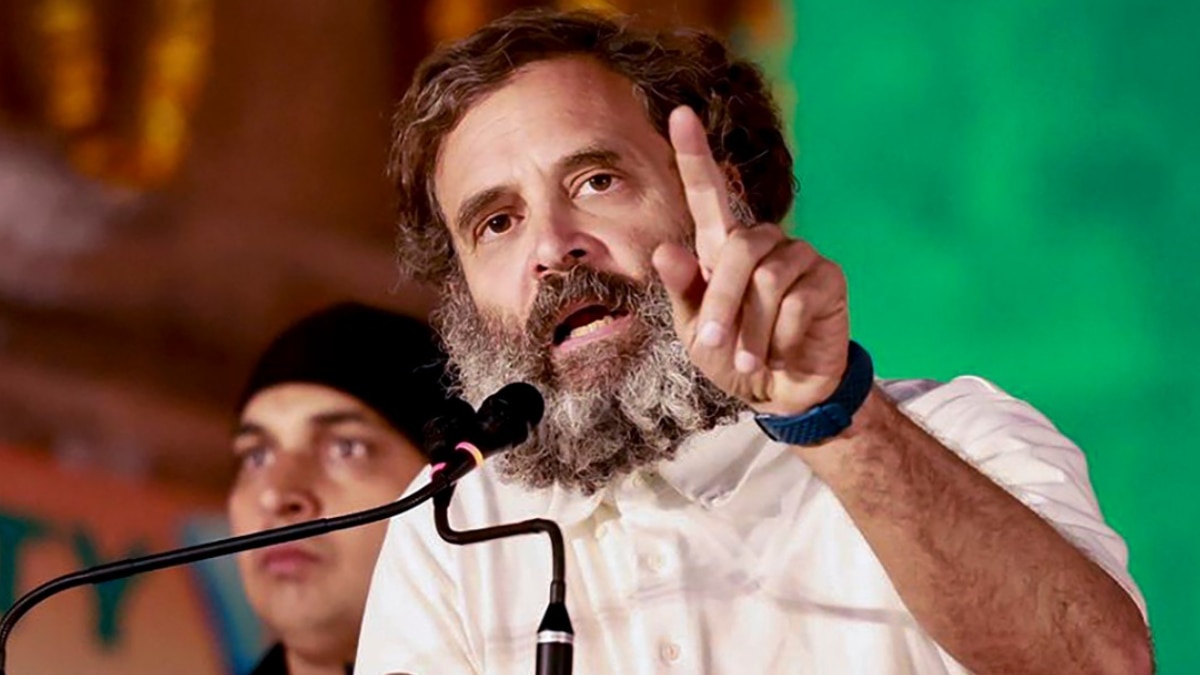This Surat Judge who heard Rahul Gandhi’s Appeal and disposed of the appeal Was BJP-Amit Shah’s Lawyer in 2006 Fake Encounter Case – So when hearing Rahul Gandhi’s appeal the political context comes out. The litigant is BJP local leader, the case is against his political opponent, the stay or not will affect the political career of an opposition party top leader, the maximum for the crime normally given to harshest of offender after several repeat offences is 2 year imprisonment that was given at the first instance by lower court that only made him lose his Membership of Parliament. Many judges recused themselves in this kind of situation for so many decades. We hardly can recollect any other judge with past or present conflict of interest took up these cases. “Caesar’s wife must be above suspicion”. The neutrality or absence of prejudice toward one or other of the parties should be impeccable. Taking a cue, can other judges give harsher or milder sentences based on position of a person? A crime and punishment is equal to everyone, as treated so far by courts. First time and repeat offence is a different cup of tea. So through this judgment are we redefining criminal law being unequal between different citizens?
In judgment the quote that Rahul Gandhi’s status as a Member of Parliament -to justify his conviction and quantum of punishment, that political reason cited, vindicates that the judge who represented BJP Amit Shaw , is even now thinking on political positions.
In Rahul Gandhi case From the reading of 8th Additional Sessions Judge Robin P. Mogera’s order we understand that the court deems an offence to be worse if done by a legislator, that its impact on society is more deleterious than when it is committed by any other citizen, and that a harsher sentence than normally imposed is justified against a lawmaker. We believe that Mr. Gandhi’s status as a parliamentarian matters little when it comes to the question whether his conviction ought to be stayed. In the judgment when the above is stated could be bias of the judge against or for some positions specifically MPs. Rahul’s two-year prison term, awarded by a magistrate court in Surat for allegedly defaming the collective of people who have ‘Modi’ as their surname, has led to his disqualification from his membership of the Lok Sabha. While his sentence has been suspended till disposal of his appeal against his conviction, only a stay on the operation of his conviction could have restored his membership of the House. Judge Mogera has ruled that Mr. Gandhi failed to demonstrate that he will suffer irreversible and irrevocable damage if his conviction, which has also deprived him of the opportunity to contest elections, is not stayed. Selectively quoting from Supreme Court judgments, the judge has held that disqualification for being a legislator cannot be described as irreversible damage. When MP is disqualified how can it be logical to think that it is not irreversible damage.
In Rahul Gandhi case -Order is plagued by reasoning weaknesses and no longer consistently clings to precedents that limit treating an argument from an electoral campaign as an excellent circumstance that justifies a life of conviction. It shows that applicants as ministers may have used Gandhi’s remarks to lose popularity. But defamation convictions themselves are very rare, and even a two months sentence may be extraordinary and depart from normal. We can hardly believe that exactly 24 months that makes the member lose his membership is not stayed but justified by appeal court. The ruling justifies most judgments by arguing that what a sitting member of parliament says can have a greater impact on the general public and that the ruling is “legally admissible.” Criminal defamation is a dubious concept in itself, as it can be used to silence complaints and harass the other party. It is unbelievable that a political statement would be used in an election marketing campaign to obtain a defamation conviction and a prison sentence that fits the exact requirements of a crime that disqualifies a person. criminal remedies and appeals to the High Court, but in a democracy a dubious defamation case could escalate to ridiculous proportions that deprive key figures from competing in Congress. It is very unfortunate that reasoning and interpretation of law suffers.

